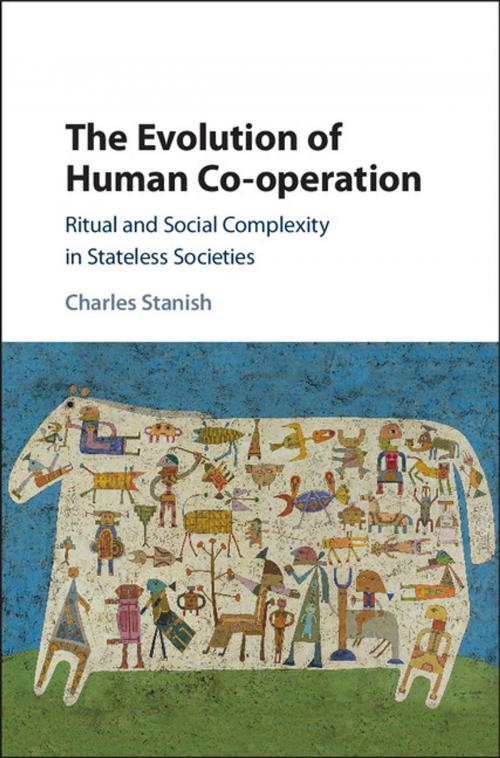The Evolution of Human Co-operation
Ritual and Social Complexity in Stateless Societies
Nonfiction, Science & Nature, Mathematics, Social & Cultural Studies, Social Science, Anthropology| Author: | Charles Stanish | ISBN: | 9781316850664 |
| Publisher: | Cambridge University Press | Publication: | August 3, 2017 |
| Imprint: | Cambridge University Press | Language: | English |
| Author: | Charles Stanish |
| ISBN: | 9781316850664 |
| Publisher: | Cambridge University Press |
| Publication: | August 3, 2017 |
| Imprint: | Cambridge University Press |
| Language: | English |
How do people living in small groups without money, markets, police and rigid social classes develop norms of economic and social cooperation that are sustainable over time? This book addresses this fundamental question and explains the origin, structure and spread of stateless societies. Using insights from game theory, ethnography and archaeology, Stanish shows how ritual - broadly defined - is the key. Ritual practices encode elaborate rules of behavior and are ingenious mechanisms of organizing society in the absence of coercive states. As well as asking why and how people choose to co-operate, Stanish also provides the theoretical framework to understand this collective action problem. He goes on to highlight the evolution of cooperation with ethnographic and archaeological data from around of the world. Merging evolutionary game theory concepts with cultural evolutionary theory, this book will appeal to those seeking a transdisciplinary approach to one of the greatest problems in human evolution.
How do people living in small groups without money, markets, police and rigid social classes develop norms of economic and social cooperation that are sustainable over time? This book addresses this fundamental question and explains the origin, structure and spread of stateless societies. Using insights from game theory, ethnography and archaeology, Stanish shows how ritual - broadly defined - is the key. Ritual practices encode elaborate rules of behavior and are ingenious mechanisms of organizing society in the absence of coercive states. As well as asking why and how people choose to co-operate, Stanish also provides the theoretical framework to understand this collective action problem. He goes on to highlight the evolution of cooperation with ethnographic and archaeological data from around of the world. Merging evolutionary game theory concepts with cultural evolutionary theory, this book will appeal to those seeking a transdisciplinary approach to one of the greatest problems in human evolution.















